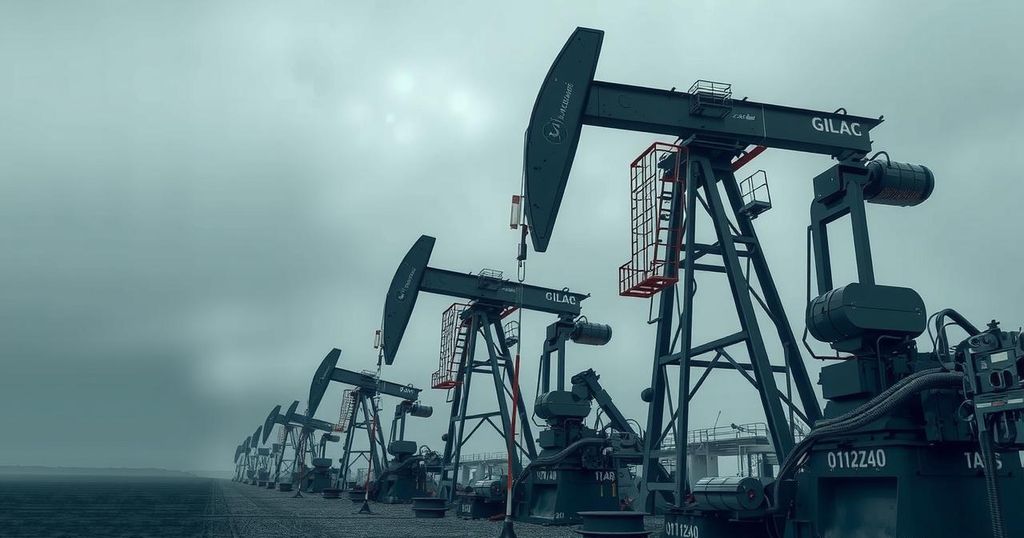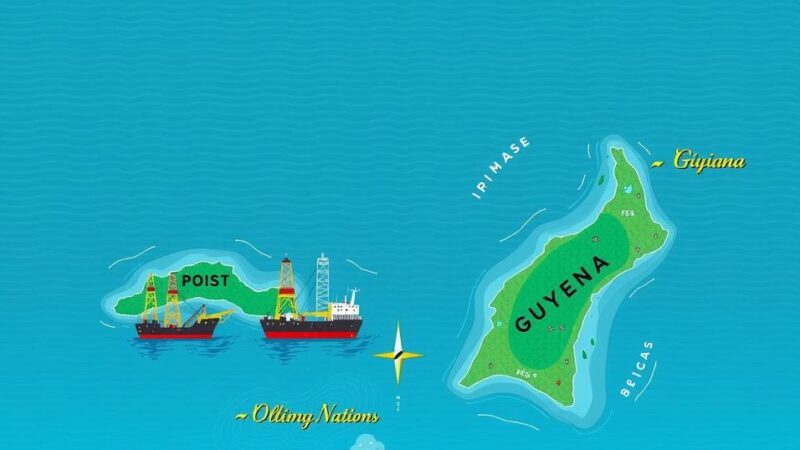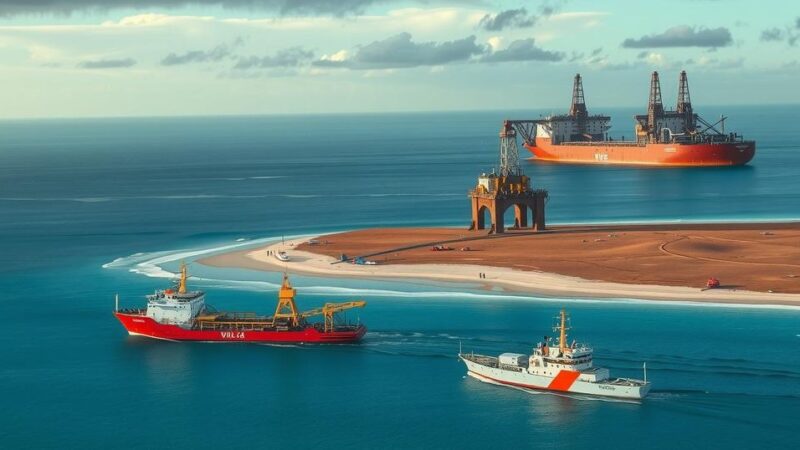The Trump administration has revoked permission for Chevron, Repsol, and other companies to export oil from Venezuela, intensifying economic pressure on President Maduro. The move reflects ongoing sanctions and concerns regarding crime and migration. Trump accuses Maduro of sending criminals to the U.S., framing the administration’s tough immigration policies within this context.
In a decisive move, the Trump administration has heightened economic pressure on Venezuela’s President Nicolás Maduro by revoking permissions for oil exports. This directive affects foreign partners of Venezuelan state oil company PDVSA, specifically targeting Chevron, Repsol, Eni, Maurel & Prom, and Reliance Industries, which have received formal notices from Washington to cease operations. Previously, only Chevron was affected, but this recent expansion of the ban reflects Trump’s push for stringent sanctions against the Venezuelan regime.
The reasoning behind Trump’s actions lies in his administration’s longstanding criticism of Maduro’s leadership, particularly following the controversial re-election of the Venezuelan president in January, amid allegations of election fraud. This has coincided with an ongoing crisis that has seen over 7.7 million Venezuelans flee the country, many of whom have sought asylum in the United States. Trump’s immigration policies have been framed in response to this migration.
Trump’s comments on Truth Social regarding Venezuela highlight his concerns about crime, asserting that the Maduro government has sent criminals to the U.S., including members of gangs like ‘Tren de Aragua.’ This claim, however, lacks substantiated evidence. The administration’s call for the U.S. Supreme Court to permit deportations under the Alien Enemies Act underscores the administration’s stringent immigration stance amid these unresolved allegations.
Since his return to the White House, Trump’s diplomatic strategies have been aggressive, as evidenced by this oil ban against Venezuela, which stands apart from his previous threats that he has since retracted. This situation represents just one example of ongoing trade tensions as the administration continues to navigate its foreign policy objectives with an assertive approach.
In summary, President Trump’s revocation of oil export permissions for Chevron, Repsol, and other foreign companies signifies an escalation in economic pressure against Venezuela and its leadership. The administration’s actions arise from concerns over crime, migration, and election integrity under Maduro. While this ban emphasizes Trump’s tough stance, it also highlights ongoing tensions in U.S.-Venezuela relations amid broader trade struggles.
Original Source: en.as.com






